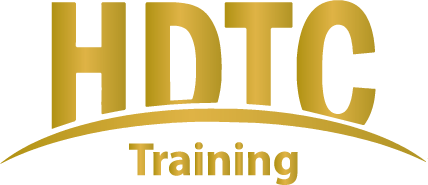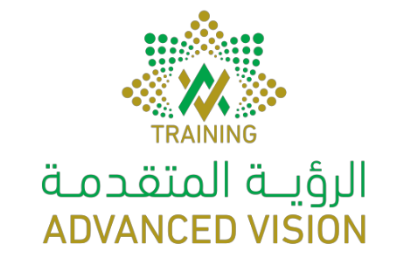- Understand the operations of an Energy Management System (EnMS) based on ISO 50001
- Acknowledge the correlation between ISO 50001 and other standards and regulatory frameworks
- Understand an auditor’s role to: plan, lead and follow-up on a management system audit in accordance with ISO 19011
- Learn how to lead an audit and audit team
- Learn how to interpret the requirements of ISO 50001 in the context of an EnMS audit
- Acquire the competencies of an auditor to: plan an audit, lead an audit, draft reports, and follow-up on an audit in compliance with ISO 19011
Day 1 Introduction to Energy Management Systems (EnMS) and ISO 50001
- Course objectives and structure
- Standards and regulatory frameworks
- Certification process
- Fundamental Principles of Energy Management Systems
- Energy Management Systems (EnMS)
Day 2 Audit principles, preparation, and launching of an audit
- Fundamental audit concepts and principles
- Evidence-based audit approach
- Initiating the audit
- Stage 1 audit
- Preparing the stage 2 audit (on-site audit)
- Stage 2 audit (Part 1)
Day 3 On-site audit activities
- Stage 2 audit (Part 2)
- Communication during the audit
- Audit procedures
- Creating audit test plans
- Drafting audit findings and non-conformity reports
Day 4 Closing the audit
- Documentation of the audit and the audit quality review
- Closing the audit
- Evaluating action plans by the auditor
- Benefits of the initial audit
- Managing an internal audit program
- Competence and evaluation of auditors
- Closing the training
Day 5 Certification Exam
Being qualified as an ISO 50001 Lead Auditor gives you the ability to evaluate an organization's EnMS in comparison to the ISO 50001 standard. This function is essential to guaranteeing an EnMS's efficacy and compliance with best practices. Being a Lead Auditor entails:
- Motivate Sustainability: By assisting businesses in reaching their energy efficiency targets, you reduce the negative effects on the environment.
- Boost Credibility: The ISO 50001 Lead Auditor accreditation attests to your thorough comprehension of auditing concepts and EnMS criteria.
- Increased Career Opportunities: There is a growing need for qualified auditors due to the increased demand for EnMS adoption, which presents exciting career opportunities
- Auditors seeking to perform and lead Energy Management System (EnMS) certification audits
- Managers or consultants seeking to master an EnMS audit process
- Individuals responsible for maintaining conformance with Energy Management System requirements
- Technical experts seeking to prepare for an Energy Management System audit
- Expert advisors in Energy Management
A fundamental understanding of ISO 50001 and comprehensive knowledge of audit principles
- ISO 50001 assists facilities in evaluating and prioritizing the implementation of new energy-efficient technologies and in improving energy efficiency, energy use, and consumption.
- It also creates transparency and facilitates communication on the management of energy resources.
Becoming an ISO 50001 Lead Auditor opens up a range of career opportunities in energy management and sustainability. As a Lead Auditor, you are responsible for conducting detailed audits of energy management systems to ensure they meet ISO 50001 standards. Here are some career paths and opportunities for ISO 50001 Lead Auditors:
- Lead Auditor/Consultant
- Energy Manager
- Sustainability Director/Manager
- Training and Development Specialist
After mastering all the necessary concepts of Energy Management Systems, you can sit for the exam and apply for a “PECB Certified ISO 50001 Lead Implementer” credential. By holding a PECB Lead Implementer Certificate, you will be able to demonstrate that you have the practical knowledge and professional capabilities to implement ISO 50001 in an organization.
- Question Type: essay type
- Total Questions: 12
- Pass Mark: 70% (70 out of 100)
- Duration: 3 hours
- Language: English
- Open book










